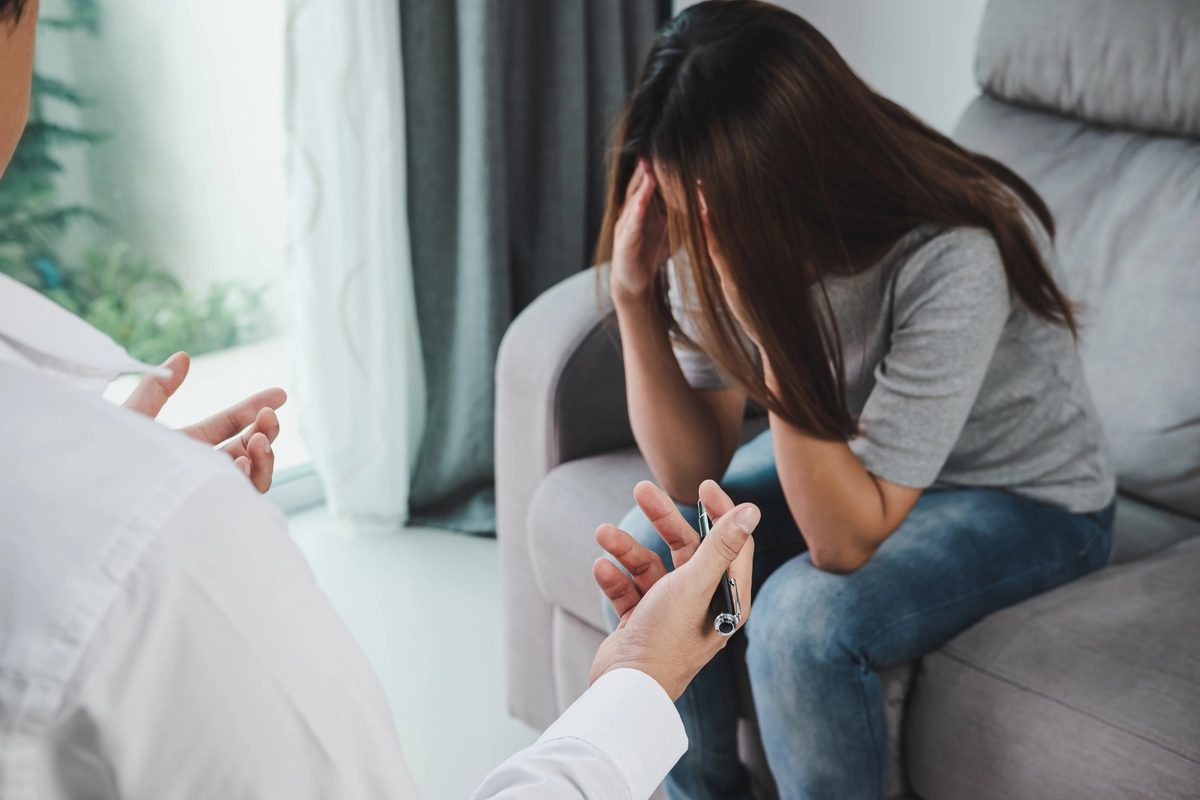24/7 Helpline:
(866) 899-221924/7 Helpline:
(866) 899-2219
Learn more about Intensive Outpatient Program centers in Union County

Other Insurance Options

MHNNet Behavioral Health

Lucent

Ceridian

Private insurance

Amerigroup

Optum

Multiplan

Regence

WellPoint

Covered California

United Health Care

BlueCross

ComPsych

Health Net

PHCS Network

Holman Group

Evernorth

AllWell

CareSource

Aetna

Northern Hills Alcohol and Drug Treatment
Compass Point is a non-profit rehab located in Sturgis, SD. Compass Point specializes in the treatme...

Compass Point
Compass Point provides prevention, intervention, and treatment services in the Northern Black Hills....

River Valley Behavioral Health
River Valley Behavioral Health is an outpatient clinic that provides behavioral health services, sub...

Counseling Center
Counseling Center is a private rehab located in Morganfield, Kentucky. Counseling Center specializes...

Michiana Addictions Prevention
Michiana Addictions Prevention is a private rehab located in Sturgis, Michigan. Michiana Addictions ...













































































